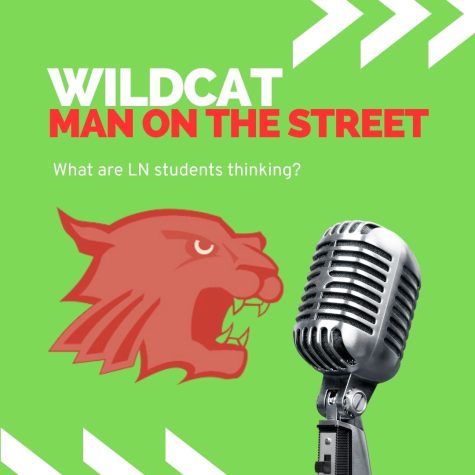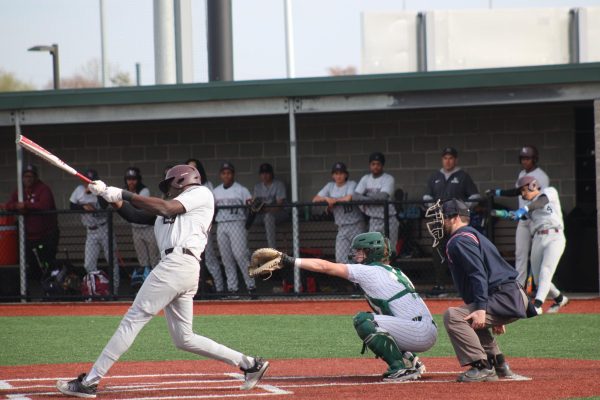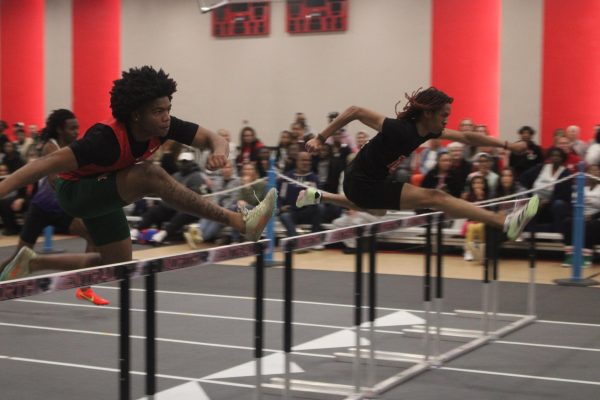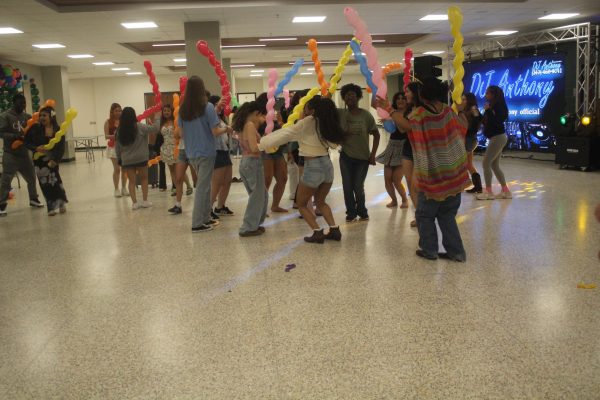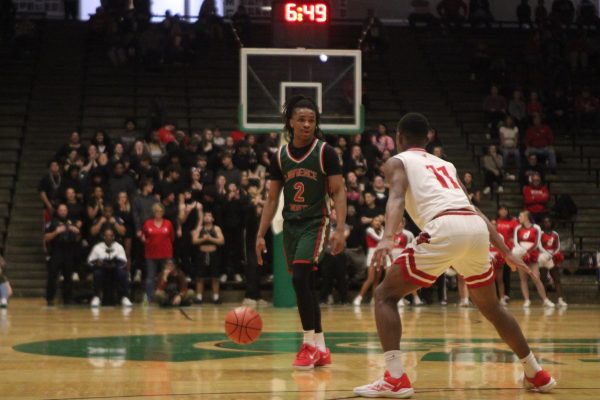Rigdon: Proposed bill would protect high school journalists
Plainfield High School felt the cold, restricting feelings of its shackles not too long ago. Many other high schools have seen it happen too. They’ve felt the censorship of articles attempting to bring the truth to the public. The school board, the principal or the superintendent puts their foot down. “You can’t publish that” or “That will make us look bad.”
The idea of protecting student rights started federally back in the 1960s with the Tinker v. Des Moines federal court case, and that decision has continued to play a role in the freedom student journalists have to this day. Then some 30 years ago, Hazelwood v. Kuhlmeier doomed high school journalism. That case let the administration gain more control and have the ability to prior review and prior restraint. That with the fear, a fear to publish content that can often be beneficial and needs to be talked about, has led organizations such as Indiana’s High School Press Association to move swiftly to enact a ‘New Voices’ bill, a bill that would give student journalists more protection. If students are to continue to inform and inspire with published works in magazines, newspapers, yearbooks and other platforms, this bill needs to be reconsidered even after getting turned down by majority of the chamber.
Other states have already come to their senses and passed the bill through their chambers in the state house. States like North Dakota and Rhode Island have garnered enough attention to the issue to pass this bill and perhaps it’s because their lawmakers understand the effect that student journalists play on this world. Rhode Island passed their bill in July of 2017 becoming the 13th state to do so. However in Indiana, some senators get the feeling that empowering students would be detrimental to the powers be. Sen. Wendy McNamara of Evansville, IN was cited in an IndyStar article saying, “We’re dealing with some immaturity in our youngins. One story, one misstep can create a firestorm on social media.” A senator refers to kids as ‘youngins’ and doesn’t believe that administrators have enough power in the schools.
Remember that case in Pittsburg, Kansas where a team of high school journalists uncovered the lies of their school board revolving their soon to be principal? Their work refuting the legitimacy of her college degrees led to the immediate removal of their principal hire who lacked credentials. Think about that. A school board was ready to hire a principal who didn’t even have legitimate credentials to be a high school principal.The work of high school journalists uncovers the truth that doesn’t want to be told. That candidate knew she shouldn’t have been hired and Thanks to the work of those student journalists, so did their school corporation.
This bill isn’t just to protect student journalists. Although some schools have administration that work with them, there are schools out there that have little protection. We need to work with administration because as the past shows, this would help everyone. A Mooresville, IN student newspaper article roughly 10 years ago about a then-recent lifeline law helped save the life of a student. Even though school administrators feared the article covering the lifeline law would promote underage drinking, the newspaper still ran the story. A week later, a student passed out at a party only to be rushed to the hospital by friends knowing they wouldn’t get busted for drinking. That saved his life. Think about that. Someone is alive today because an article published by students informed the student body of something prevalent. If that doesn’t get published, that high schooler dies. The profound impact of student journalists stretches far beyond the pages of each monthly issue. Student journalists serve to protect and inform, and it’s about time that
service and protection is reciprocated.






